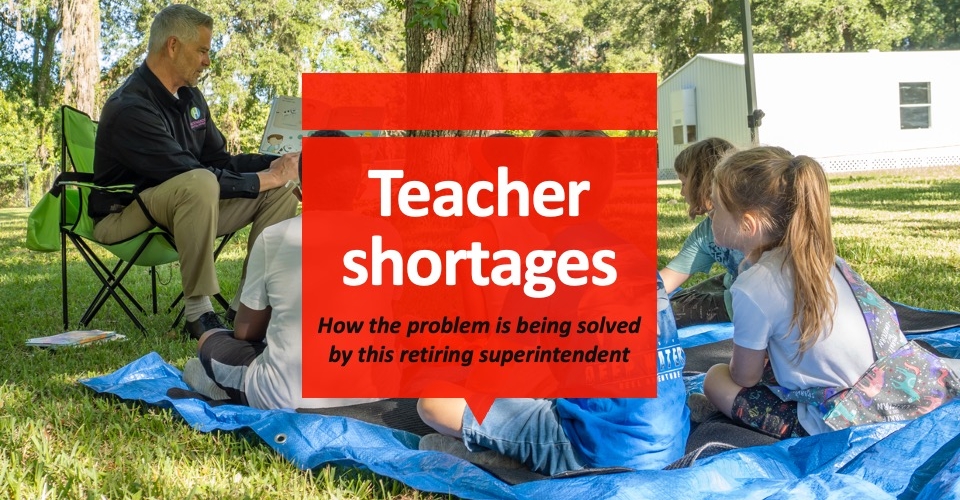I have always been in love with the idea of teaching. I come from a family of educators, and even as a small child I often corralled my friends into make-believe classrooms so I could pretend to teach them. Today, I still feel passionately about the power of teaching, and my work in assessment centers on providing teachers with the tools they need to succeed in the classroom.
I understand that to teach effectively, educators must readily identify areas where their students excel — as well as ones where they may need additional support. My career as an educator has been driven by this desire to give every teacher that may be in a learner’s life, whether one at school or in a community center, or their caregiver at home a reliable window into their students’ current knowledge base, and their potential for new growth and discovery.
The best assessment processes allow a learner to be measured alongside milestones of their own developmental trajectory, not in comparison to arbitrary—and potentially outdated—standards that may or may not reflect their unique, lived experiences.
Read more from DA: Ominous signs are emerging in recent school board discussions
We at Assessment for Good are working to develop such a system of effective, asset-based formative assessments that can power the future of learning. These tools will be designed to deliver accurate, insightful data about the academic, emotional and social well-being of all students, particularly Black and Latino students and students from households experiencing poverty.
Assessment for transformative change
By creating more equitable, inclusive and culturally relevant assessment tools, we believe we can support positive learner outcomes and help eradicate the persistent gap in opportunity faced by preK-12 students who are Black or Latino.
Already, with our R&D partners, we have engaged over 4,000 learners and 1,000 educators across 14 states in our work to develop and validate new assessment measures and to test innovative assessment delivery platforms.
Together, we are working to capture the variables that learners, educators and community partners have identified as critical for understanding the fullness of the learner experience—an experience shaped by classroom-based achievement metrics as well as social and emotional well-being.
The Future(s) of Assessment
The Future(s) of Assessment project, launched in 2023, is an Assessment for Good initiative powered by the Strategic Foresight team at KnowledgeWorks. In February 2023, we held a multi-day workshop, where dozens of educators, researchers, thought leaders in curriculum and assessment design and community activists explored what effective, asset-based assessments could look like in the future—and how they could help positively transform learning for students from all backgrounds. Over the course of our discussions, we considered critical uncertainties and key drivers that might accelerate or derail our commitment to learners.
This short illustration by Rio Holaday, a Culture of Health leader with the Robert Wood Johnson Foundation, captures a few key moments of our work.

Thinking so intentionally about the future is challenging and it takes courage. But with such a forward-focused lens in place, it is clear that asset-based assessments can and must play a key role in our work to build a better educational experience for students.
When done incorrectly, an assessment identifies gaps or deficiencies. When done well, they can be useful tools to help educators uncover opportunities. Even more, when we leverage emerging technologies in safe and purposeful ways, we can make those data more accessible and useful to educators and learners. Asset-based formative assessment shows administrators which curricula are working and which aren’t—while providing learners with another outlet to share their expertise and creativity.
We envision a future where assessment and learning are intertwined to offer real-time, critical insights into each learner’s individual educational experience. With such tools, educators can more adeptly pivot and customize lessons to meet students’ specific learning needs.
Within a new formative assessment ecosystem, we will be able to provide educators with a more accurate means of pinpointing each unique learner’s best-fit timeline and offer suggestions to educators that can accelerate future growth for both subject matter proficiency and social and emotional well-being.
We’re on the cusp of developing more inclusive, intentional assessment tools capable of expressing a much richer picture of students’ overall learning experience. In capturing that perspective, these new assessments can positively transform the ways we teach—and enrich students’ educational experiences in myriad, fundamental ways.
Your participation matters
We are just beginning our journey to build asset-based formative assessment tools that provide learners with a rich, engaging experience that empowers them in decision-making throughout the measurement process.
There’s more work to be done. As part of the next phase of our assessment co-design and development, we hope to establish additional funded partnerships with schools and community-based organizations that share our commitment to the social and emotional health and academic success of learners.
Under this new paradigm for formative assessment, tools are designed to reflect the vast and beautiful learning potential of every student. These new tools will deliver unprecedented insights into the intricate processes underpinning how students learn. In doing so, they will help shape educators’ ongoing work to validate and support students’ varied—and ever-evolving—journeys of discovery.
Join us in building a future where assessment isn’t seen as an administrative burden for teachers and students but rather as a vital tool to facilitate their success.
With your help, we can create formative assessment tools that more accurately capture the magic at the root of my love for teaching—namely, that spark of mutual learning that happens when teachers and students forge real and engaging connections.









